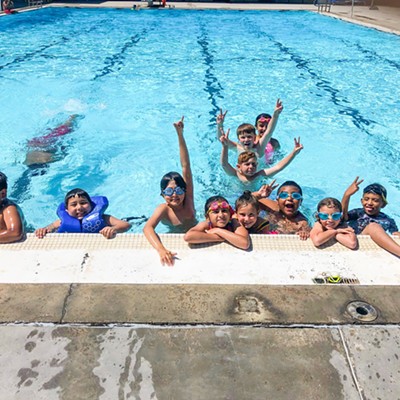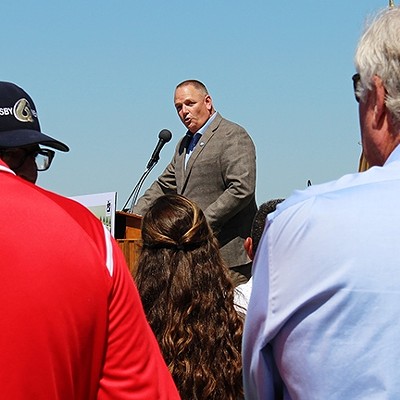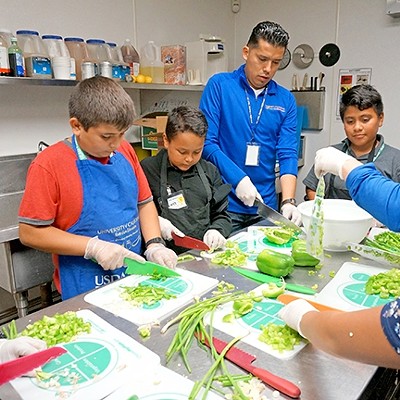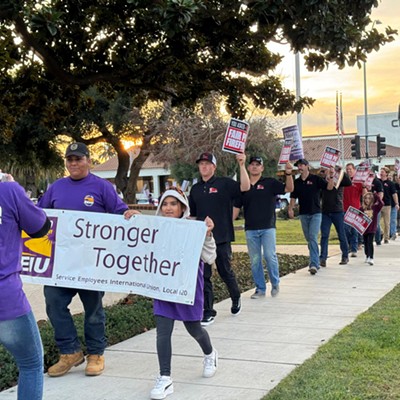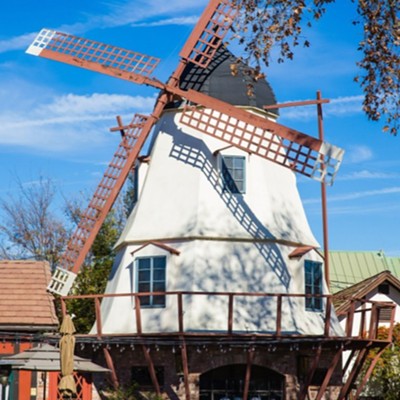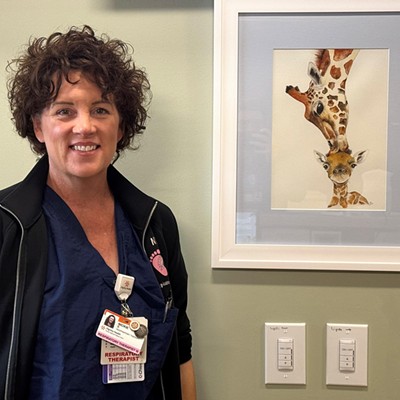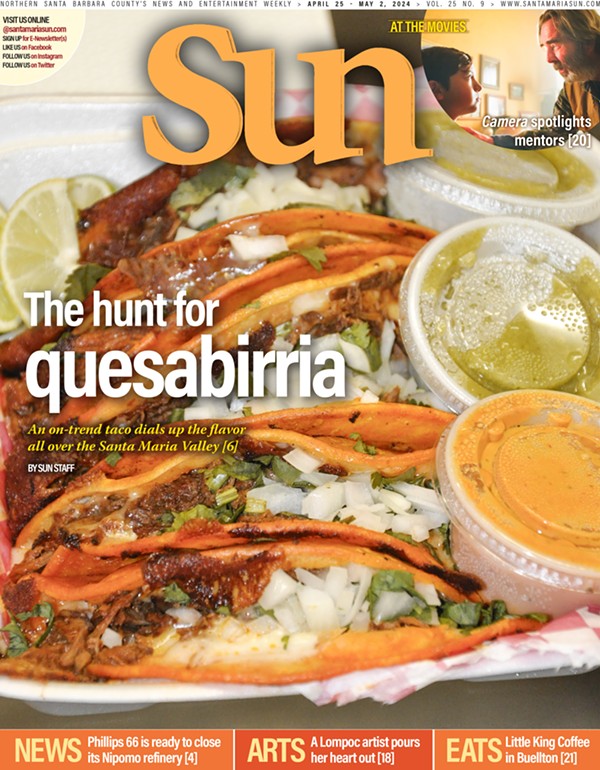New and expecting moms constantly hear about the positive nutritional and behavioral effects breastfeeding can have on babies, but no one really talks about how difficult and confusing breastfeeding can actually be.
Nursing can be especially challenging for working moms, like Casey Heaney, who can’t stay home with their babies or bring them to work. Heaney, a project coordinator at Cal Poly San Luis Obispo’s Center for Health Research, had her first child nearly four years ago, and she was back at work a few months after giving birth.

Rather than breastfeeding, she decided to pump and bottle feed her baby breast milk, but Heaney said she didn’t feel confident—she was never sure how much to feed her baby or whether he was eating too much.
When Heaney’s son was about 6 months old, she volunteered to participate in a pilot study in Cal Poly’s Kinesiology and Public Health Department. The researchers aimed to discover how different methods of bottle feeding impact babies and their eating habits. During the study, Heaney said she found that a lot of other mothers shared her concerns.
“It was nice to know it wasn’t just me,” Heaney told the Sun.
That initial pilot has long since wrapped up, and now researchers are launching another, a three-month project in which 100 local mothers will be occasionally observed bottle feeding their babies. Participating babies must be under 6 months old, and mothers using breast milk, formula, or a combination of both are welcome to participate. Cal Poly will provide participants with bottles and $100 each.
While anyone in the area can volunteer, researchers are specifically looking for moms living in the Santa Maria and Lompoc areas, according to Alison Ventura, a Cal Poly professor who is leading the study.
Nearly half of all infants in Santa Maria and Lompoc are bottle fed immediately after birth, according to Ventura, who attributed that statistic to data collected by hospitals in northern Santa Barbara County. Breastfeeding only becomes more difficult for parents to continue as their babies get older, Ventura said, so researchers expect that the rates of bottle feeding in North County are even higher than data suggests.
Researchers know that new moms need better help and support when they’re first learning to breastfeed, but Ventura said there are even fewer support services and educational opportunities for those who bottle feed. Although breastfeeding is widely considered to be the better alternative, Ventura said it’s simply not possible for all moms.
New moms often stop breastfeeding if they feel they aren’t producing enough milk, struggle with latching, or find the process too painful. But Ventura said most moms stop breastfeeding because of logistical and social barriers—namely work.
Many working moms turn to bottle feeding, and Ventura said her study aims to discover which bottles and feeding practices lead to the healthiest outcomes for babies.
The first two years of a baby’s life are critical to developing lasting healthy eating habits, Ventura said.
The study, which is being funded by a grant from the National Institute of Health, will also give a number of students an opportunity to put their knowledge to use in a research setting.
Megan Hupp, a Cal Poly grad student and research assistant on the project, said she’s excited to find ways to better help moms who can’t breastfeed.
Hupp said she hopes this study will give bottle-feeding moms the tools they need to raise a healthy child without breastfeeding.
“I just wanted more experience with moms and babies and a better understanding of how we can help moms to be more in tune with their babies and their hunger and nutrition needs,” Hupp said. “And I think these studies are going to help that a lot.”
Staff Writer Kasey Bubnash writes School Scene each week. Information can be sent to the Sun via mail, fax, or email at [email protected].



